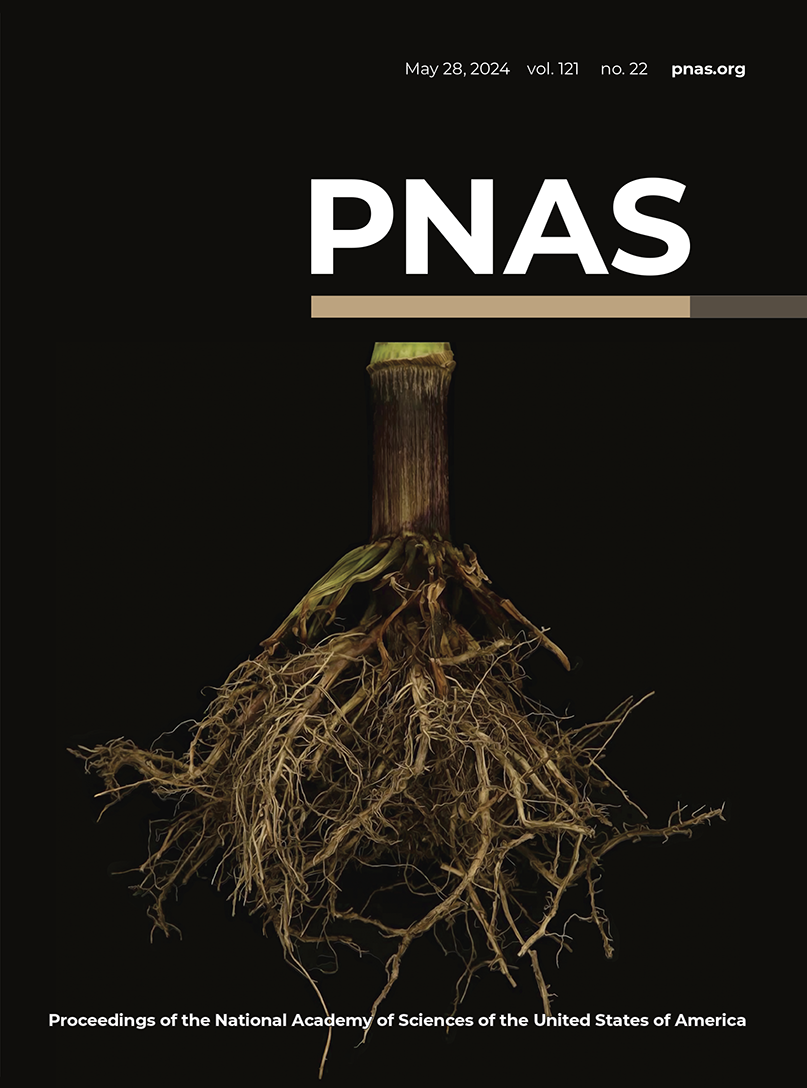
Citation :
Turner, G. R., Hewan, P., Wearn, A., van Dooren, R., Wyatt, L., Leppert, I. R., Baracchini, G., Hughes, C., Williams, K. M., Sylvain, E., Tremblay-Mercier, J., Poirier, J., Villeneuve, S., Tardif, C., Spreng, R. N., & PREVENT-AD Research Group (2024). Locus coeruleus integrity is related to an exploitation-based decision-making bias in older adulthood. Proceedings of the National Academy of Sciences of the United States of America, 121(22), e2322617121. https://doi.org/10.1073/pnas.2322617121
Full text : Here
Turner GR., Hewan P., Wearn A., van Dooren R., Wyatt L., Leppert IR., Baracchini G., Hughes C., Williams K M., Sylvain E., Tremblay-Mercier J., Poirier J., Villeneuve S., Tardif C., Spreng RN., & PREVENT-AD Research Group
published in PNAS, May 2024.
ABSTRACT :
Optimal decision-making balances exploration for new information against exploitation of known rewards, a process mediated by the locus coeruleus and its norepinephrine projections. We predicted that an exploitation-bias that emerges in older adulthood would be associated with lower microstructural integrity of the locus coeruleus. Leveraging in vivo histological methods from quantitative MRI-magnetic transfer saturation—we provide evidence that older age is associated with lower locus coeruleus integrity. Critically, we demonstrate that an exploitation bias in older adulthood, assessed with a foraging task, is sensitive and specific to lower locus coeruleus integrity. Because the locus coeruleus is uniquely vulnerable to Alzheimer’s disease pathology, our findings suggest that aging, and a presymptomatic trajectory of Alzheimer’s related decline, may fundamentally alter decision-making abilities in later life.
